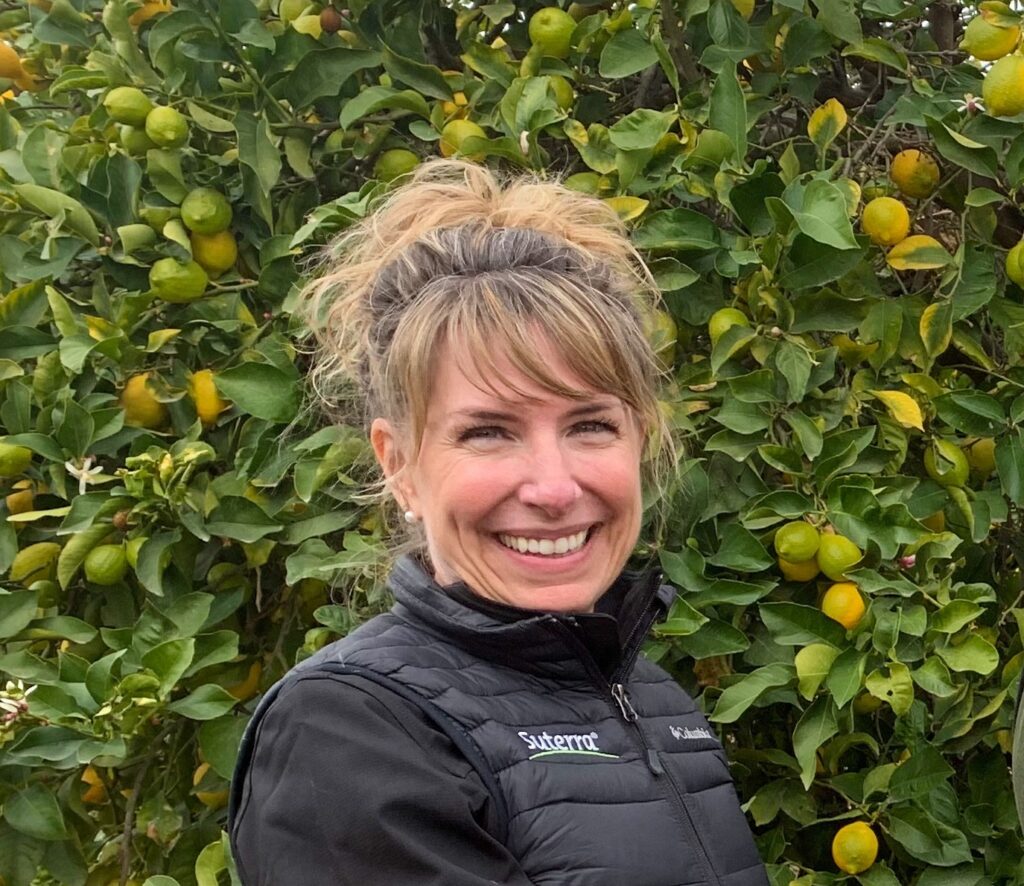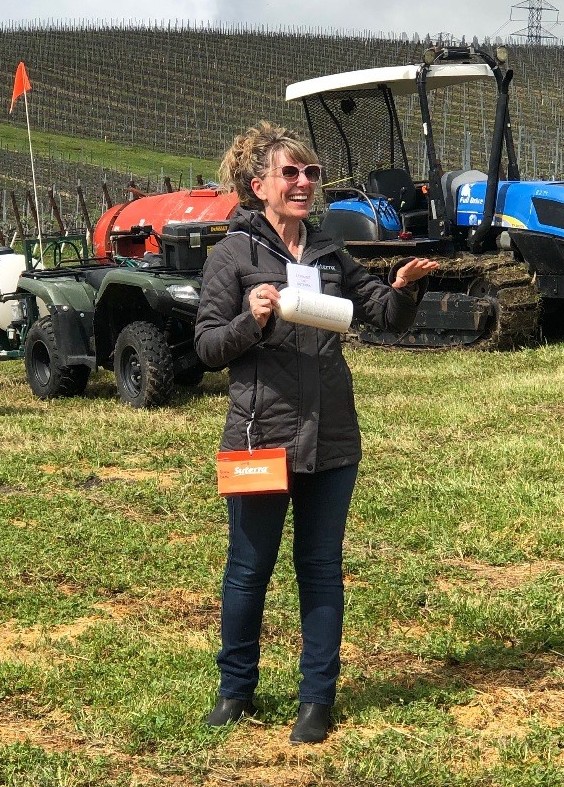
You got your degree at University of Pacific; what attracted you to attend that school? Did you grow up in California?
I grew up on the Peninsula (Bay Area) and always thought I was going to be a dentist. UOP was a perfect choice for that path. After graduation, while studying for the DAT and applying to dental schools, I got a job working for the Department of Agriculture. It was the best job; being outside all day and working with plants and bugs. The thought of spending the rest of my career inside an office, not seeing the light of day, made me rethink my career choice. I decided not to pursue the dental route and instead, focused more on science.
What made you decide to work in pharma and life sciences?
Science has always interested and challenged me. My brain works more in the STEM realm. Working in life sciences seemed like the most logical career choice. I really enjoy the technical aspect of science, but I also need the practical side and human interaction. After many years in the Pharma and Biotech industry, Suterra approached me with an offer to get back into Ag, and I happily accepted this amazing opportunity.
As the Northern California Sales Manager for Suterra, a company that produces bio-rational based insect control products, what are your days like? Your territory is huge, do you spend a lot of time on the road?
The territory I manage is from Merced, CA north to the Oregon border. No two days are the same. Because of the seasonality of agriculture, there are weeks and months where I spend most of my time almost completely out in the field, and then there are times when I’m in my office, planning, strategizing, and getting caught up on administrative tasks. It’s never boring and I’m constantly learning new things and meeting new people.
Suterra’s blog has a post that refers to you as an expert in mating disruption; how did you earn that curious title?
Suterra has the largest dedicated pheromone manufacturing facility in the world, so we know pheromones. I have worked here for years and undergone several trainings with entomologists and PhDs about pheromones, mating disruption, and practical applications of the technologies we make. I have learned a lot from my colleagues and am very grateful that I can pass that knowledge and expertise on to growers and PCAs.
Do you spend most of your day consulting with vineyard managers? What do you enjoy most about your work with Suterra? Do you get to fly the drones as part of your job?
No, I don’t get to fly drones. That’s a separate company. I have, however, been in attendance, at a vineyard in Sonoma when they were spraying our VMB-F with a drone. It was exciting! My job at Suterra has me responsible for many crops, not just grapes. I also work with Almonds, Walnuts, Pistachios, Apples, and Pears. I love being able to offer solutions to problems. I love learning how growers do things differently and similarly to other growers. I love working for a company that makes clean, sustainable, non-toxic products to help growers feel good about pest control. Being outside, and traveling to vineyards and orchards all over Northern California isn’t a bad way to spend a day.
Tell us about how Suterra’s product, CheckMate®, fights vine mealybugs (VMB). We know it has to do with pheromones, but can you explain how the product works? Who designed the product and when was it first used?
We have two products for VMB mating disruption. Both products disperse species-specific female sex pheromone into the vineyard. Males use these pheromones to locate females for mating but they can’t find females with all the additional pheromone in the environment. When males can’t find females, they don’t mate and pest populations are greatly reduced.
CheckMate ® VMB-XL has been the mainstay of sustainable vine mealybug control since 2010. The pheromone dispensers are placed strategically in the vineyard and provide season-long control of the pest. Suterra introduced a sprayable formulation, CheckMate® VMB-F, in 2016 that allowed growers to precisely respond to in-season conditions.
How does mating disruption fit into an integrated pest management program? How do these bugs spread viruses and harm grapevines?
Integrated pest management includes monitoring for pests and using tactics like mating disruption that don’t harm beneficial insect species. Suterra has traps and lures for monitoring of vine mealybug and grape mealybug as well as the CheckMate® products I already talked about. Using species-specific pheromones instead of or in addition to broad-spectrum insecticides can help prevent insecticide resistance and prolongs the lifespan of those products.
Our CheckMate® VMB products lower pest populations and reduce direct crop damage caused by the vine mealybug. Vine mealybugs are also efficient at spreading Grape Leafroll-associated viruses and they produce large amounts of honeydew as a byproduct of their feeding. Sooty mold, another fungal pathogen, uses the honeydew as a substrate for development and can cause bunches to be unmarketable. By controlling VMB, growers improve their vineyards and their crop. Read more about that here.
Suterra has a portfolio of organic products that mostly use naturally occurring compounds to fight pests. The company trials many new products every year to create a pipeline of new tools for growers. Are you involved in the trials? How do these products get moved from trial to being widely available?
Suterra’s technical team and sales managers, like myself, work with trial collaborators to innovate and improve our products based on grower needs. We’ve worked with growers all over the state and around the world to improve dispenser design, longevity, and deployment ease. We are currently developing a new type of dispenser for the vine market and have started testing it with the same great results growers expect from us. Our CheckMate® VMB-F sprayable pheromone was recently added to CCOF’s list of allowable inputs for organic growers and most of our dispensers are OMRI-listed.
We met you at Cloud Landing Vineyard, during the Petaluma Gap Winegrowers seminar that Scott Welch, Vineyard Manager for Jackson Family Wines, hosted. How did you get connected with Scott and JFW?

Scott and JFW have been loyal users of Suterra pheromone mating disruption for several years. JFW uses both of our VMB platforms; Dispensers and Flowable. I really enjoy collaborating with Scott on his IPM program, he is always thinking and asking great questions. When Scott reached out to me and asked if I would be interested in talking about Mating Disruption at one of the seminars, of course, I said “yes”!
When you begin working with a grower, do you find that interest spreads to neighboring growers? Wouldn’t it be beneficial for whole neighborhoods to control the spread of bugs?
My hope is to have interest spread to neighboring growers. Some growers love talking about their program and what products they are using, while others may not be as forthcoming. Mating disruption works better if your neighbor is using it, and their neighbor is using it, and so on. The longer a grower uses it, and the more acres covered, there is an increased level of success. If your neighbor is successfully managing VMB, there is only an upside for you to incorporate mating disruption into your program.
Kids love bugs. Suterra recently sponsored a science fair in Lodi to teach the next generation about biocontrol. Are the kids interested? Do you have children or any other family members that are also intrigued with this kind of technology?
Yes, I believe kids are very interested. I do have kids, two boys, and they think I work for a really cool company. Most people, kids included, are usually interested in learning about what I do for a living. While some people may not understand the science, they can certainly relate to bugs, trees, vines, and the importance of preventing pests from harming plants or crops. I have said that I enjoy meeting new people and passing on my knowledge, and I am always excited when a young person becomes interested especially if they want to go into ag.
